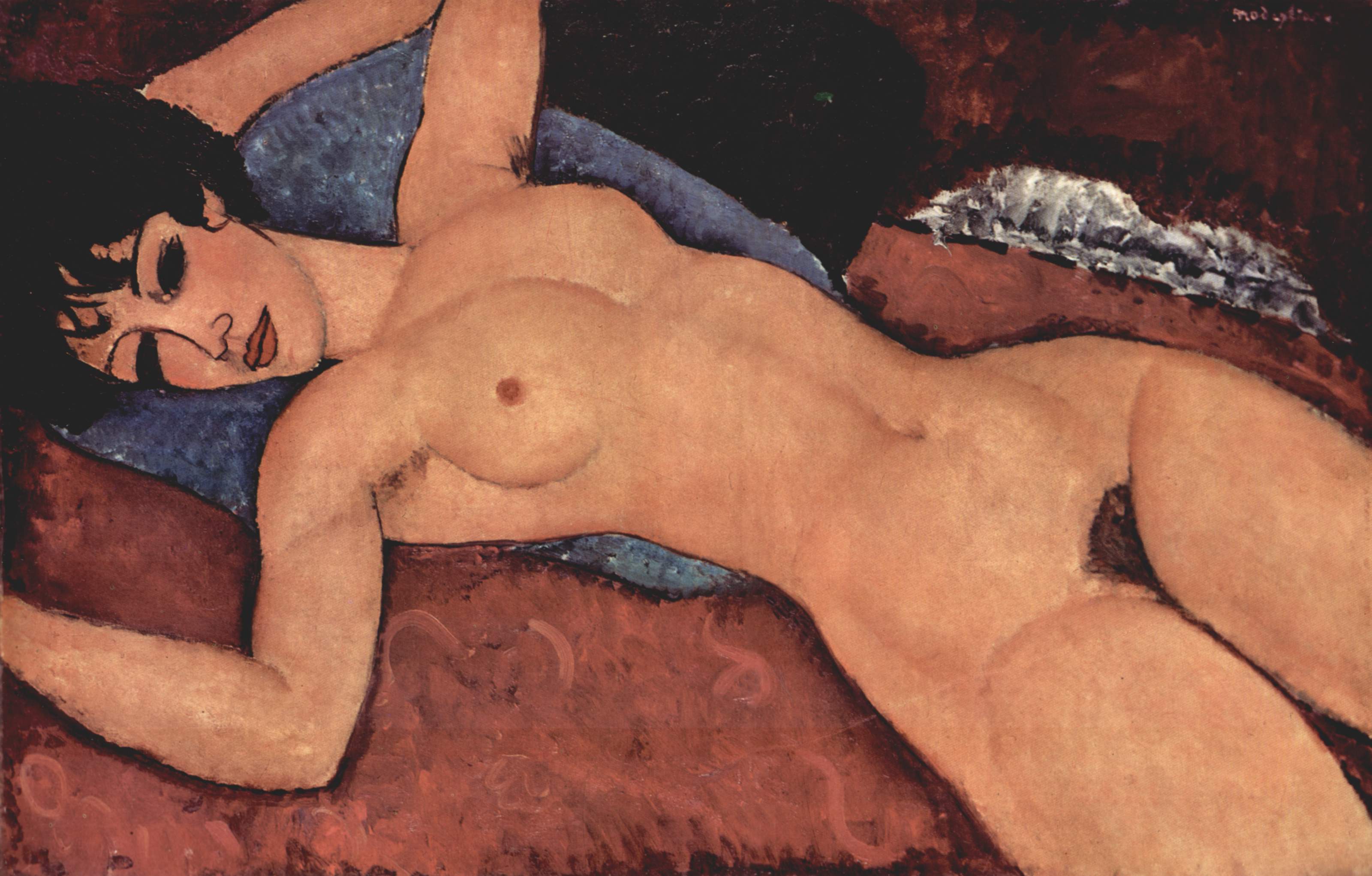 Mothering Sunday by Graham Swift
Mothering Sunday by Graham Swift
One of my in person book group reads, probably not one I would have been picked up but at only 149 pages it was a great read for a grey winter's afternoon between Christmas and New Year., and I sorta lost myself in it and 3 hours just flew by.
The story is initially set in 1924, a time of change when the landed gentry are trying to come to terms with post war life, their "lost generation", their money problems, their dwindling estates, their changing circumstances. Those born too late to serve are struggling to find their role in the world. Paul Sherringham is one such lost soul. The surviving son from three families who finds himself in a 7 year passionate affair with the maid from a neighbouring house and an upcoming "arranged" marriage of monetary convenience to be made to try and consolidate such families.
The maid, Jane, a motherless foundling has a kindly position where her ability to read, learnt at her orphanage, and the lack of servants has allowed her to do more than just being a housemaid, and she is permitted to borrow books from her house owner's library.
The first part of the book revolves around Mothering Sunday, when the families are off to meet the bride's family, and the staff at the various houses have a day off to visit their mothers. Jane's day is very different. She is with Paul. She knows it will be their last meeting, yet ponders possibilities as she lies, naked in his bed in his house, watched and watching him slowly getting dressed and ready for his lunch meeting with his fiancee. She wonders why he is taking so long, long enough to be very late, as if he doesn't want to go, and how he is dressing very well for a lunch meeting. Immediately we have the feeling something is not right. ***SPOILER ALERT*** indeed it really isn't a big reveal when it happens, Swift prepares us very well, subtly showing what he doesn't tell directly, namely that Paul has planned this day to perfection - he has driven his house's maid and cook to the station, clearing the house for his and Jane's only chance at normality. Jane recalls that him saying when talking about the garden path "...with a strange echoing sincerity, 'I won't ever lead you up it.' Their time has been perfect and Paul perfect dress is another part of his plans. He leaves Jane to lock up, eat the lunch cook has left in the kitchen for him, to cycle home to spend the afternoon reading her first Conrad.
It is a sad story, on one side Jane is totally faithful, she never tells about her relationship with Paul, she goes on to outstrip society's expectation of a maid, first becoming a book shop assistant and finally a best selling author. Paul can make no such breakthrough to the world to come, he is unable to break the bonds of family, the expectations of family, class and society. His faithfulness to Jane has a planned, predictable ending as he crashes his car into a tree en route to his fiancee and dies.
Swift's writing creates a modern woman who grows through literature, writing and love found in the new freedoms of the post war era. Perhaps she loves Paul, but she did not expect. She does honour his love, his gift of that normal day when she was not a maid, when she entered his house by the front door. Swift crafts a truly cinematic pivotal scene where after Paul has left, Jane wanders in naked innocence through the empty house before closing that chapter of her book and cycling back by the garden path and fields to her Conrad, but instead is confronted by the reality of what has happened.
Just when you think the story has finished it continues and we see Jane as the successful writer, we find out about her subsequent Oxford years, her eventual marriage. The older Jane gives interviews on her work, telling in various forms the tale of her motherless upbringing, with just the same creativity as she pondered various scenarios for Paul explaining to his fiancee why he was so late. A writer's work is often about what is left out, what is not explicitly said, just as Jane does in her interviews, so Swift does in his novella - the untold story told.
ashramblings verdict 4* I have a feeling it could have been tighter - it repeats itself, but then again this is part of Jane's creative workings at their commencement as her storytelling skills are honed - but this short novella, interspersed with Swift's familiar literary references, will carry you you swiftly (oh!) through and leave you feeling that it is a work of art as memorable as the picture on its cover (Modigliani's reclining nude).
View all my reviews

No comments:
Post a Comment